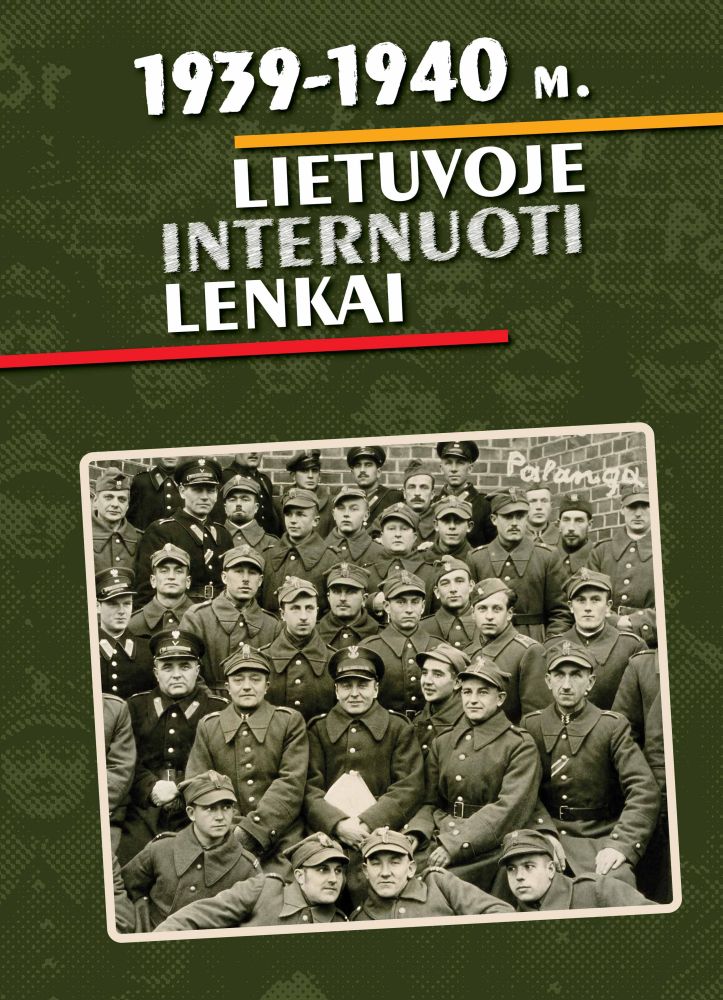On 22 November 2012, at 2.30 pm a grand opening of the exhibition "Poles interned in Lithuania, 1939-1940" (in Lithuanian version) took place in the Parliament of the Republic of Lithuania in Vilnius. The exhibition has been prepared jointly by the Office of Public Education of the National Remembrance Institute, The Genocide and Resistance Research Centre of Lithuania and the Vytautas the Great War Museum in Kaunas. The premiere of the Polish version of the exhibition was held in 2011 in the Polish Sejm in Warsaw.
The exhibition focuses on the important moment in the history of Polish-Lithuanian relations, when our part of Europe was in the grip of Hitler and Stalin allied regimes. It tells the story of internment of Polish soldiers and police officers in Lithuania in the aftermath of the September 1939 and about the care for Polish refugees of war - until the annexation of the country by the Soviet Union in 1940, Unique photos, drawings and documents collected by the Polish and Lithuanian historians describe the living conditions in internment camps, and background of the underground camp organization activities. They also show the generosity of Poles living in Lithuania, hurrying to help the victims of the war. The exhibition also features selected biographies of interned Polish officers and also Lithuanian officers of the camp service. The common fate of many of them was the future repression in the USSR.
The opening ceremony of the exhibition in Vilnius will be attended by: Arvydas Anušauskas - Member of Parliament of the Republic of Lithuania, Rasa Juknevičienė - Minister of National Defense of the Republic of Lithuania, Janusz Skolimowski - Polish Ambassador in the Republic of Lithuania, Agnieszka Rudzińska - Deputy President of IPN, Arūnas Bubnys - Director of the Genocide and Resistance Research Centre of Lithuania.
The exhibition will be on display until 3 December 2012, admission is free.
